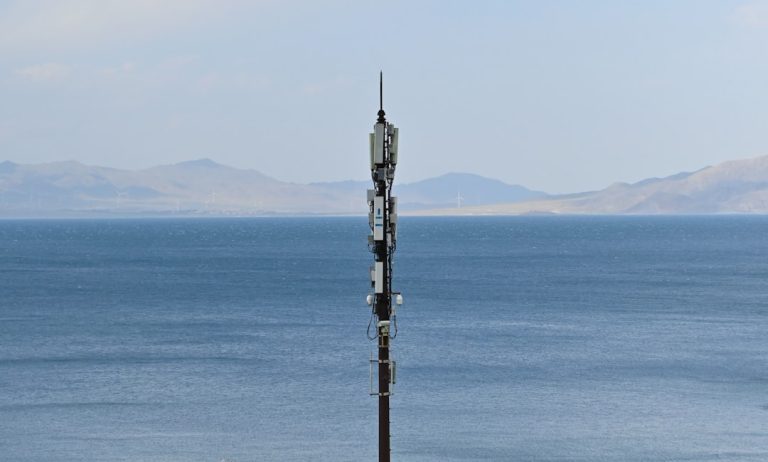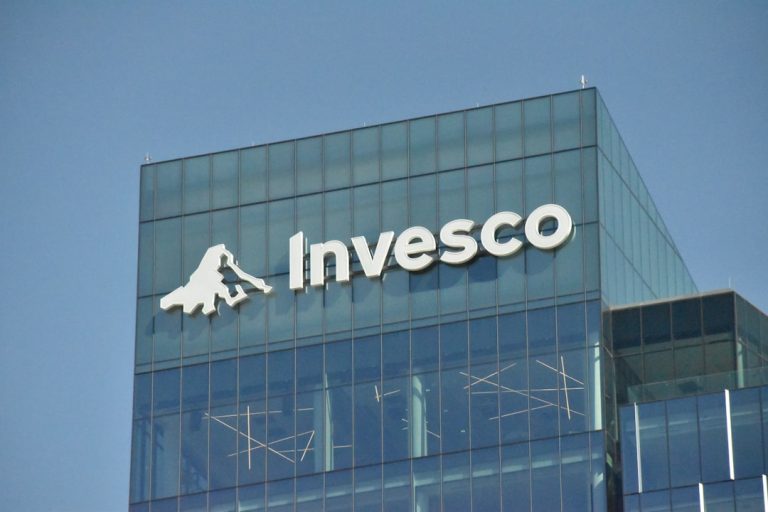Discover the key differences between SEIS and EIS schemes and how they can maximize your investment benefits in our comprehensive guide.
Introduction
Investing in startups and small businesses can be highly rewarding, especially when supported by favorable government schemes. In the UK, two prominent investment schemes—Seed Enterprise Investment Scheme (SEIS) and Enterprise Investment Scheme (EIS)—are designed to encourage investments in innovative and growing companies. Understanding the key differences between SEIS and EIS is crucial for maximizing your investment benefits and optimizing your portfolio.
What Are SEIS and EIS?
Both SEIS and EIS are government-backed initiatives aimed at boosting the UK startup ecosystem by providing tax incentives to investors. These schemes mitigate investment risks and make funding more attractive to individual investors and angel investors.
Seed Enterprise Investment Scheme (SEIS)
SEIS targets very early-stage companies, often with higher risk profiles. It is ideal for startups that are in the nascent stages of development and require initial funding to establish their business.
Enterprise Investment Scheme (EIS)
EIS is geared towards slightly more established small businesses looking to scale up. While it still carries investment risks, these companies typically have a more developed market presence compared to SEIS-qualified businesses.
Key Differences Between SEIS and EIS
Understanding the distinctions between SEIS and EIS can help you decide which scheme aligns best with your investment strategy.
| Feature | SEIS | EIS |
|---|---|---|
| Company Age | Up to 2 years | Up to 7 years (10 years for KIC) |
| Maximum Investment | £250,000 | £1,000,000 (£2,000,000 for KIC) |
| Income Tax Relief | 50% on investments up to £200,000 | 30% on investments up to £1,000,000 |
| Maximum Employees | 25 employees | 250 employees (500 for KIC) |
| Gross Assets Limit | £350,000 (£200,000 before April 2023) | £15,000,000 |
| Tax Relief Rate | Higher due to increased risk | Lower compared to SEIS |
| Eligibility for KIC | No | Yes, with enhanced limits |
KIC stands for Knowledge Intensive Company, which qualifies for expanded investment limits under the EIS.
Tax Benefits for SEIS and EIS Investors
Both schemes offer substantial tax reliefs, making them attractive options for UK investors.
Income Tax Relief
- SEIS: Receive 50% income tax relief on investments up to £200,000.
- EIS: Receive 30% income tax relief on investments up to £1,000,000, which can extend to £2,000,000 for KICs.
Loss Relief
Investors can offset losses from SEIS and EIS investments against their income tax, providing a safety net in case the investment does not perform as expected.
Capital Gains Tax (CGT) Relief
Profits from the sale of SEIS or EIS shares held for at least three years are exempt from CGT. Additionally, reinvesting CGT from other sources into these schemes can further reduce tax liabilities.
Eligibility Criteria
Who Can Invest?
- SEIS and EIS: Individuals must be UK taxpayers holding fewer than 30% of a company’s shares or voting rights. Relatives and certain employees are restricted from investing in their own company under SEIS.
Company Requirements
- SEIS: Companies must have less than £350,000 in gross assets, fewer than 25 employees, and be within two years of trading.
- EIS: Companies must have less than £15,000,000 in gross assets, fewer than 250 employees, and be within seven years of trading (extended to ten years for KICs).
Maximizing Your Investment with Oriel IPO
Navigating SEIS and EIS investment schemes can be complex, but platforms like Oriel IPO simplify the process. Oriel IPO connects UK startups with investors, offering a commission-free marketplace and comprehensive educational resources to help you make informed investment decisions.
Why Choose Oriel IPO?
- Commission-Free Funding: Eliminate unnecessary fees, ensuring more of your investment goes directly to promising startups.
- Curated Opportunities: Access a selection of vetted, tax-efficient investment options tailored to your goals.
- Educational Resources: Empower yourself with guides, calculators, and industry insights related to SEIS/EIS.
Conclusion
Both SEIS and EIS offer unique advantages for investors looking to support UK startups and small businesses while enjoying substantial tax benefits. By understanding the key differences and leveraging platforms like Oriel IPO, you can strategically enhance your investment portfolio and contribute to the growth of innovative enterprises in the UK.
Ready to take advantage of SEIS and EIS investment schemes? Join Oriel IPO today and start maximizing your investment benefits!



